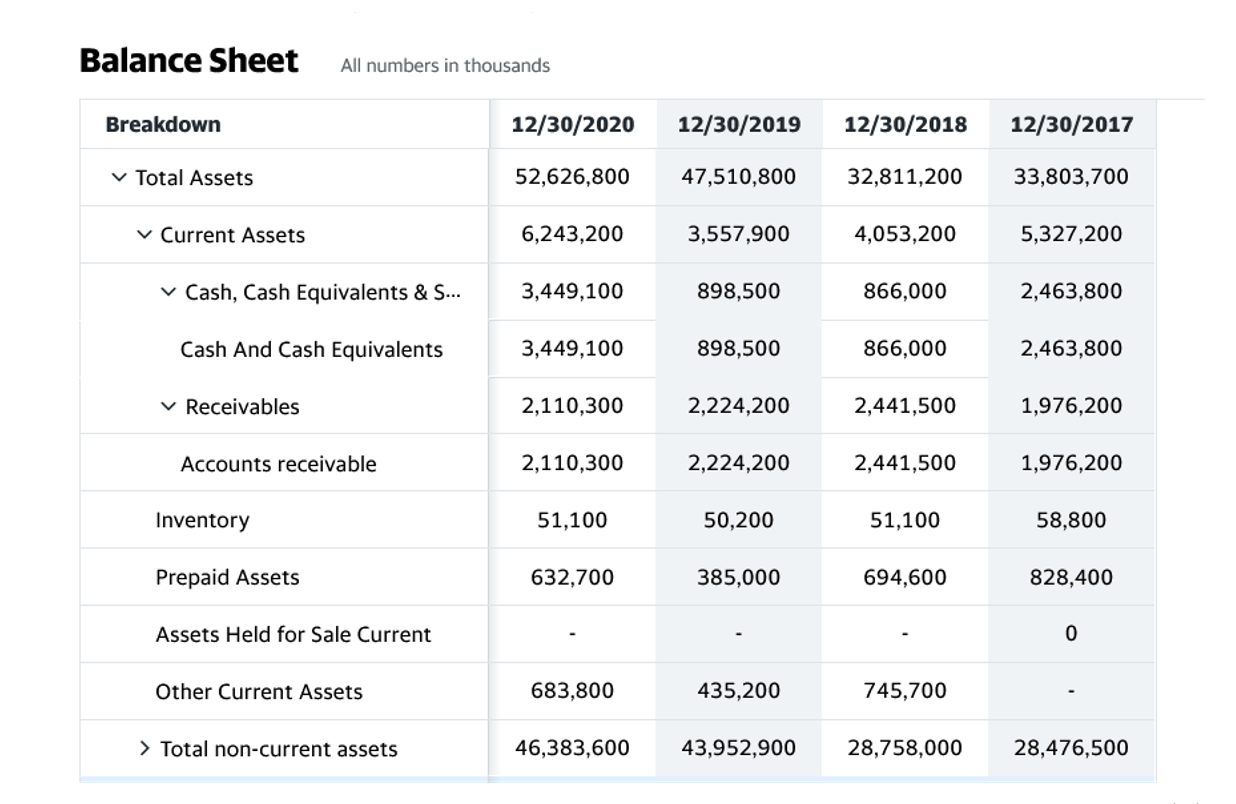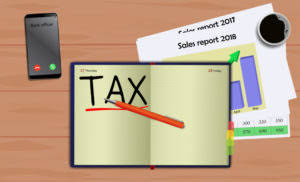
All states have created programs that handle this unclaimed property and attempt to return it to its rightful owners. Some stale checks may be handled under what are known as escheatment laws. • A stale-dated check is one not cashed within a certain time period — typically 180 days, but it may be considered stale sooner. Since you owe the money to either the state or the property owner, plan to monitor uncashed checks and check in periodically with the payee. If these options don’t work, you can check with the state where the issuing company is located. Remember that escheatment laws require companies to turn over unclaimed funds.
How do I know if I have issued a Stale Check?
- If the check writer closes their account or doesn’t have enough money, you’ll be responsible for the check amount and possible fees.
- The United States Department of Treasury automatically voids all uncashed checks after one year from the date of issue and returns the funds to the issuing agency.
- You are now leaving the SoFi website and entering a third-party website.
- Some banks accept stale checks, but only from legitimate issuers with sufficient funds in their accounts.
- Treasury checks and tax refund checks, typically are good for a year.
There is a 30-day waiting period after a check has been issued to request stale dated checks a reissue. If the funds have been paid from the bank, they will not be reissued. Checks will only be reissued to the original owner of the funds. Generally speaking, banks or other financial institutions have the right to refuse or reject a stale check.
Are stale-dated checks valid?
While personal and business account checks expire after 180 days, other types of checks can have different expiration dates. Ruled that banks can retrieve funds after the issuer’s requested void period unless that person specifically instructed the bank not to honor the check after that time frame. Freezing an account will prevent all outstanding checks from clearing. It will also prevent the person from making contra asset account any deposits, as all transactions will be effectively stopped or “frozen” until the account is unfrozen.

Can I cash a check from 2 years ago?

At Eisen, we are committed to simplifying the escheatment process for financial institutions. Our Escheatment Hub automates key aspects of managing outstanding checks, ensuring effortless and reliable compliance. Here are some of the features that make Eisen an invaluable partner in your compliance efforts. To fix a stale-dated check, you can either ask the issuer to reissue the check with a new date or request them to Cash Flow Management for Small Businesses issue a new check.

The exact due diligence requirements vary by state, but a formal letter to the check recipient is usually a good idea. Letters should alert the owner of your obligation to turn over the property to the state. The offers that appear on this site are from companies that compensate us. But this compensation does not influence the information we publish, or the reviews that you see on this site.

